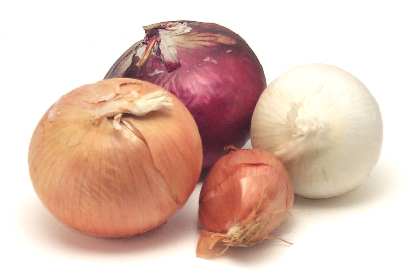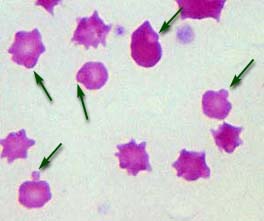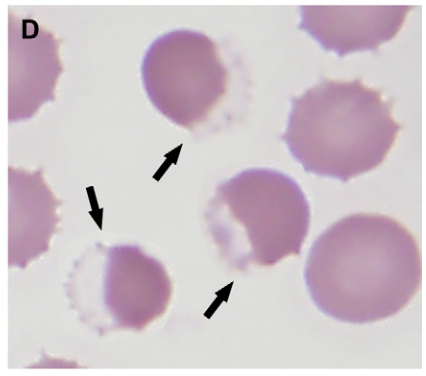Most of us enjoy the extra flavor certain herbs and spices add to our meals. Many pet parents believe their fur babies will similarly appreciate the added flavor on the palate. Unfortunately, spices like garlic and onions belong to a group called alliums, and they are toxic to both dogs and cats when ingested. In an effort to bring some light to this potential intoxication, I’m sharing this week’s blog. Happy reading!
Alliums – Why are they toxic?
Allium cepa (onion), Allium porrum (leek), Allium sativum (garlic), and Allium schoenoprasum (chive) contain organic sulfur compounds that are absorbed through the gastrointestinal tract and converted to highly reactive oxidants. Cooking does not reduce potential toxicity, and even powder forms can induce clinical signs.
Red blood cells contain hemoglobin, the major oxygen carrying protein in the body. The reactive oxidants produced upon ingestion of alliums directly harm red blood cells. Membranes rupture to expose hemoglobin and subsequently form sulfhemoglobin. Sulfhemoglobin ultimately binds to red blood cells to form structures called Heinz bodies. Hemoglobin also becomes cross-linked to form special cells called eccentrocytes. The formation of Heinz bodies and eccentrocytosis increases red blood cell fragility that impairs oxygen delivery to tissues.
Alliums – What are the signs of intoxication?
Clinical signs may be observed within one day of ingestion, but more commonly there is a several day lag period between ingestion and onset of clinical signs. Clinical signs commonly include:
- Altered level of consciousness
- Elevated respiratory rate
- Elevated heart rate
- Reduced (or loss of) appetite
- Weakness
- Lethargy
- Diarrhea
- Abdominal discomfort
- Yellowing of the skin and/or whites of the eyes (called icterus or jaundice)
Pet parents who are concerned their pet may be intoxicated should seek immediate veterinary medical attention. They may also contact the ASPCA Animal Poison Control Center to consult with a team of board-certified veterinary toxicology specialists. There is a nominal fee for this service, but it can be an invaluable resource to your pet’s healthcare team.
Alliums – How is intoxication diagnosed?
Allium intoxication is commonly diagnosed via a combination of history, clinical signs, and confirmation of red blood cell changes. A non-invasive blood test called a complete blood count (CBC) will show anemia, abnormally elevated hemoglobin levels, Heinz bodies and eccentrocytes.
Other potentially abnormal test results include elevated total bilirubin (the chemical that makes skin turn yellow) and bilirubin in the urine.
Alliums – How is intoxication treated?
There is no specific antidote for intoxication. Initial treatment includes:
- Induction of vomiting (if presented to a veterinarian within two hours of ingestion)
- Administration of a special liquid (called activated charcoal) to bind the toxin in the gastrointestinal tract before they are absorbed
Affected patients often require aggressive around-the-clock care, and your family veterinarian may recommend referral to a specialty/referral hospital for care from a board-certified veterinary emergency and critical care specialist or a board-certified veterinary internal medicine specialist. Severely intoxicated patients typically require provision of supplemental oxygen if they have difficulty breathing. Patients with marked anemia benefit from a blood transfusion. The prognosis for an intoxicated pet depends on the species of plant involved, severity of anemia, and time to provision of appropriate medical therapy.
The take-away message about alliums…
Allium species, including garlic, onions, leeks, and chives, are toxic to dogs and cats when ingested. These herbs may add flavor to foods, but they damage red blood cells and can lead to profound illness. Early recognition of intoxication and subsequent intervention is key to maximizing the likelihood of a successful outcome.
To find a board-certified veterinary emergency and critical care specialist, please visit the American College of Veterinary Emergency and Critical Care.
To find a board-certified veterinary internal medicine specialist, please visit the American College of Veterinary Internal Medicine.
Wishing you wet-nosed kisses,
cgb




